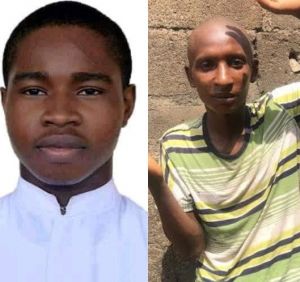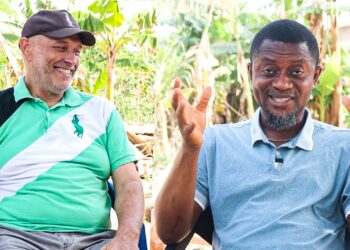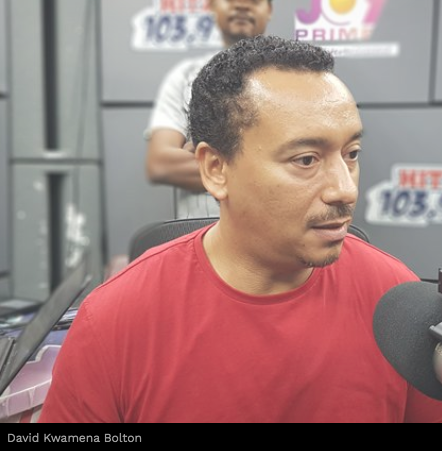Mustapha Mohammed aka Mairutuwa, the leader of the kidnap gang that murdered Catholic seminarian, Michael Nnadi, of the Good Shepherd Major Seminary in Kaduna state in January 2020, has given a reason why he killed late Nnadi depsite collecting ransom from the seminary school.
| Recall that on January 9, some armed men stormed the Catholic seminary and kidnapped four seminarians, murdered one of them and released the remaining three on January 31 after they received a ransom from the seminary. The remains of the fourth seminarian, 18-year-old Micheal Nnadi, was found in a bush on February 2nd. He was buried on February 11th. In a chat with The Sun, Mustapha said from the day Nnadi was abducted, he kept preaching the gospel of Jesus to him and told him to his face to change his evil ways or perish. He said late Nnadi did not allow him to have peace as he continued preaching the gospel of Jesus Christ to him even when he knew they were not of the same faith. He said he did not like the confidence displayed by Nnadi and so he decided to kill him. Mustapha who is currently in police custody with two other members of his gang, said they decided to invade the school because they knew it was a seminary and that they would make good money. According to him, they got information about the seminary from a gang member who is a commercial motorcycle operator and lives very close to the school. He said it took his colleague about five days to conduct proper surveillance on the school before they embarked on the operation. He also told of how they had to use the mobile telephone number of the deceased Nnadi, to put a call across to the school authorities to demand a N100 million ransom which was later reduced to N10 million paid by the school authorities for the release of the three seminarians. Mustapha further revealed that they had to force the school authorities to purchase recharge cards of the various mobile telecommunications network totalling N30,000 and brought to the spot where they had agreed to collect the ransom. |
| Source: LIB |
















